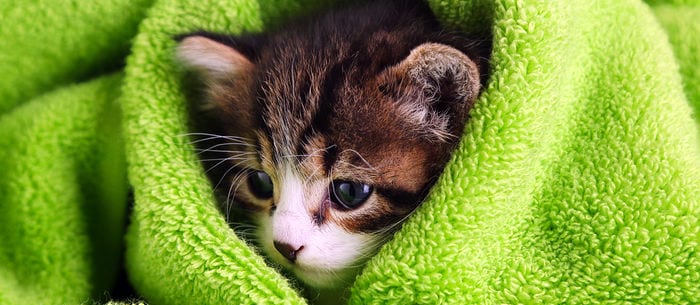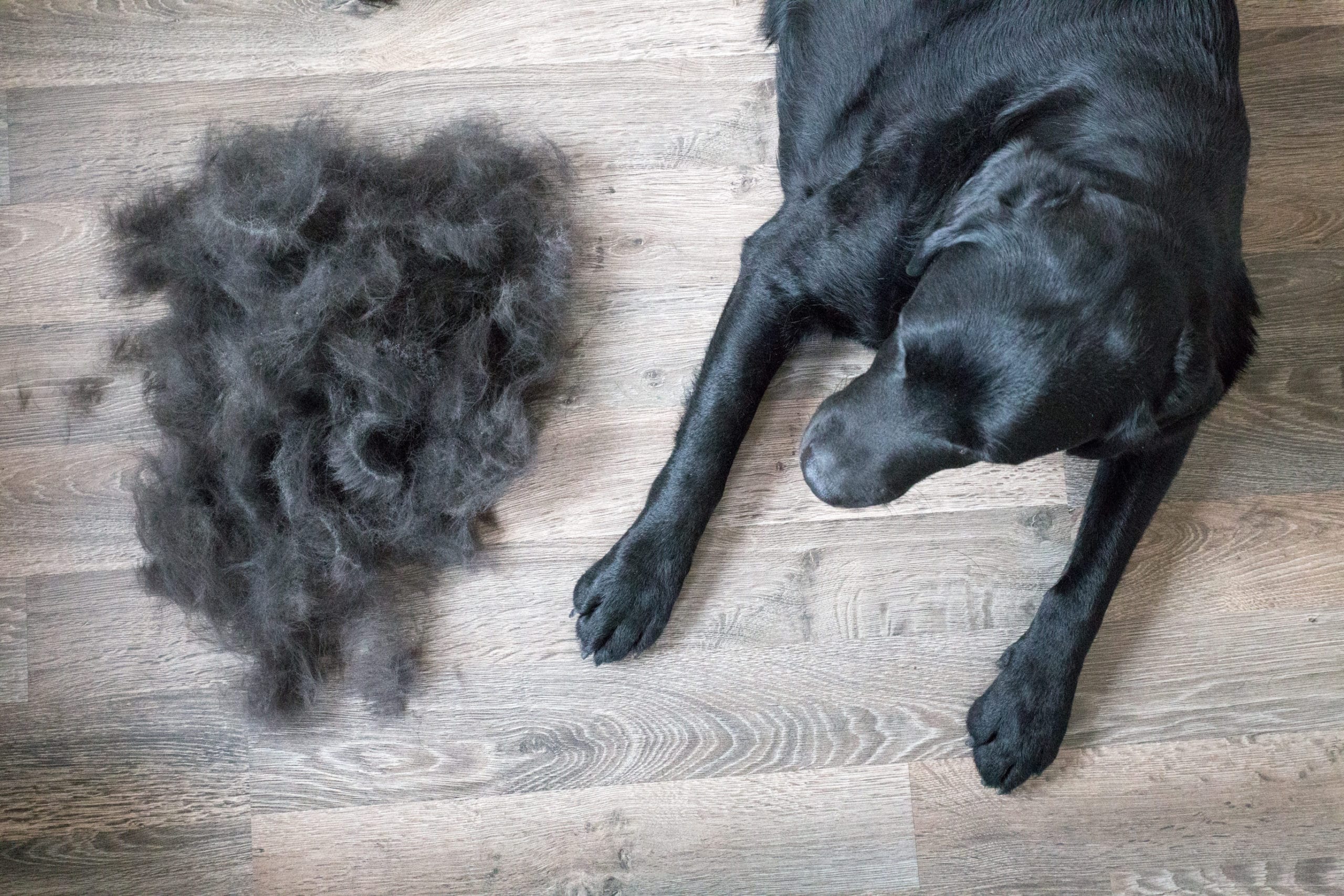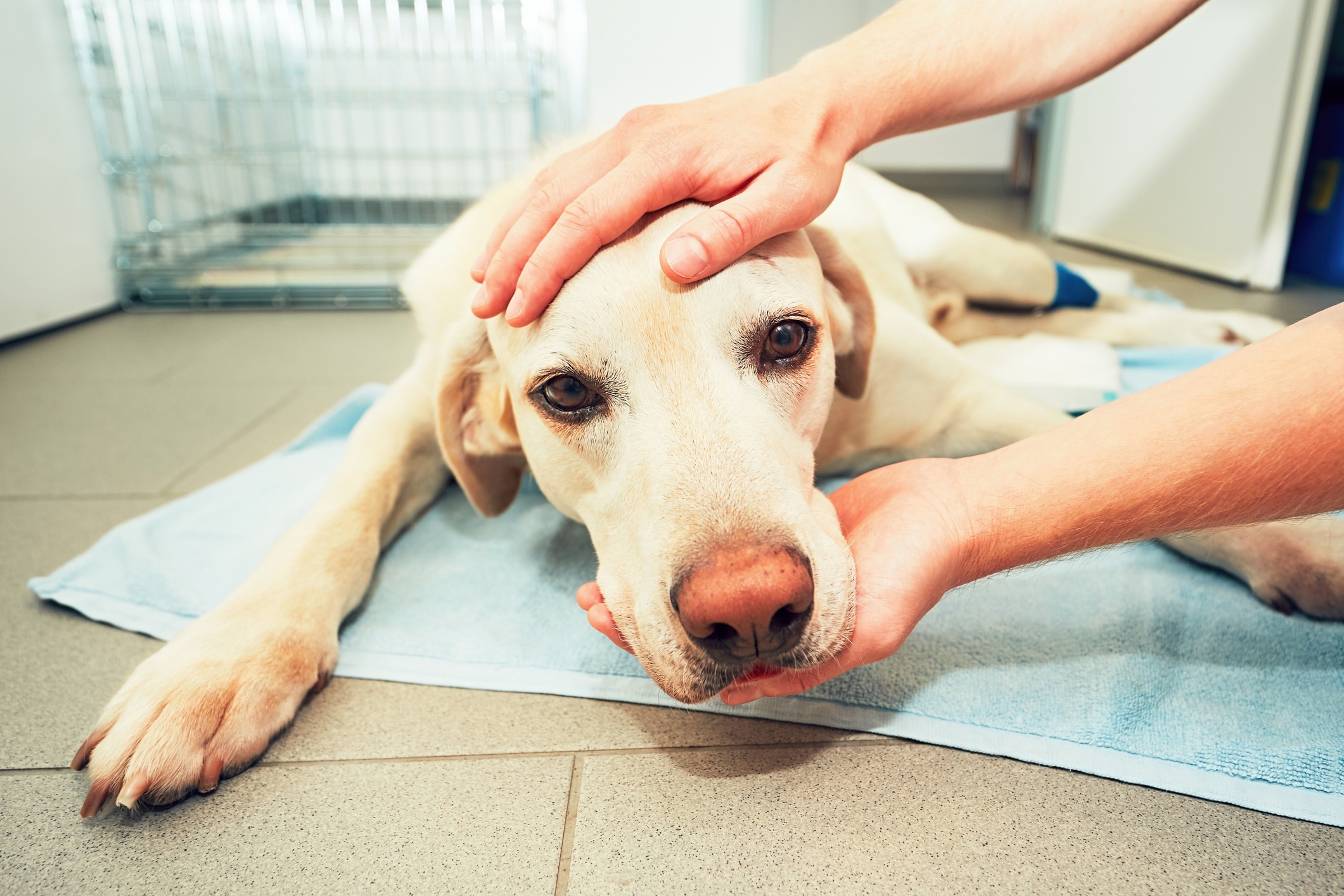Newborn kittens are absolutely adorable. They’re also a ton of work. So in between all the snuggle and playtime, there are certain things you’ll want to keep in mind to raise these little rascals out of kittenhood and on to a healthy, happy life as a household pet.
“Much like human babies, kittens are completely reliant on their mothers when first born. In fact, newborn kittens have closed eyes and ear canals, are completely unable to regulate their own body temperature and are unable to even urinate or defecate without external stimulation,” says Michele Klumb, an experienced Kentucky-based registered veterinary technician.
“These little ones are truly helpless in their first few days and weeks of life — and a brand new feline mother will be extremely busy caring for her kittens 24 hours a day.” In some cases, if the mother is absent, these responsibilities fall on the pet owner.
Kittens and Their Feeding
- The First Two Weeks of Life
During this time, kittens should nurse about every one to two hours from their mother, according to the American Society for the Prevention of Cruelty to Animals. The mother’s milk is all a kitten needs to survive during this time. But if your kitten is separated from her mother, you’ll need an alternative milk source — kitten formula. Your vet can help you pick one that will work best.
- At About 3 to 4 Weeks of Age
This is when you can start to offer moistened kitten food several times a day. Meanwhile, the kitten can continue to nurse from his mother or drink the formula source from a bottle or bowl.
- At 4 Weeks
Most kittens are ready to wean from their mothers or formula source by this time.
- At 6 Weeks
You can start feeding the kittens four times a day and gradually reduce their access to formula.
- From 6 to 12 Months
Kittens can be fed three times a day with access to fresh, clean water.
If you feel that one of your kittens is not getting enough to eat, try separating the kitten from his mother at mealtime or between feeding times so that you can supplement his food intake with formula.
What to Know About Kitten Care
Remember, a kitten’s eyes do not completely open until nine to 14 days after birth and their ear canals won’t fully open until week three. So until then, they will be very reliant on their mother — or you as their human caretaker — for sight and sound.
“It is important to closely observe new kittens, even if still in the loving care of their mother. Look out for kittens that get separated from their mother and siblings, cry more than others or that do not appear to be nursing as well as, or as often as, their siblings,” says Klumb. These kittens are in the greatest danger of hypothermia, hypoglycemia (low blood sugar) and possibly even death — and human intervention will most likely be necessary to ensure their survival. If you are going to be at work all day, consider hiring somebody to watch the kittens for any abnormalities.
Be sure to contact your veterinarian as soon as possible if you have a kitten that exhibits any of these signs or if you have a mother cat that is unable to care for one or more of her kittens.”
It may be tempting to pick up a newborn kitten and snuggle it all day, but you should refrain until the kitten is a bit older, she adds. “During their first week of life, it is best to handle kittens as little as possible so that the mother cat is not upset,” says Klumb. After that, it’s best to start socializing them by handling them a few times a day, picking them up and touching them all over — usually between weeks two and seven — as this is considered a fundamental time in their social development.
For more on kitten care, read Kitten Care Stages: Newborn to 72 Weeks.
Christina Montoya Fiedler is a Los Angeles-based freelance writer. She has two boys, one fur baby and two feathered friends.
* This article is for general informational purposes only. It is not intended nor implied to be providing medical advice and is not a substitute for such advice. The reader should always consult a health care provider concerning any medical condition or treatment plan. Neither Care.com nor the author assumes any responsibility or liability with respect to use of any information contained herein.





